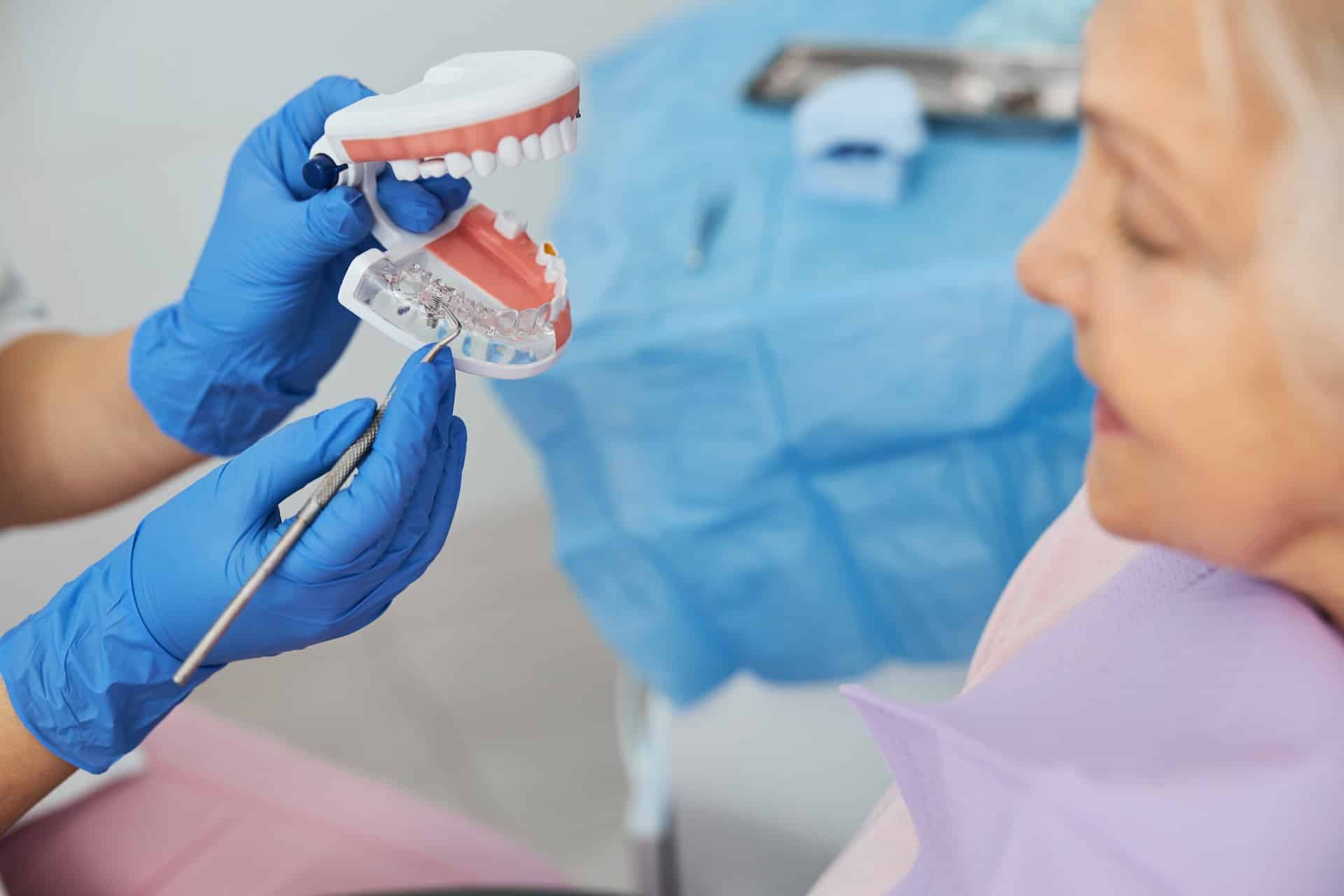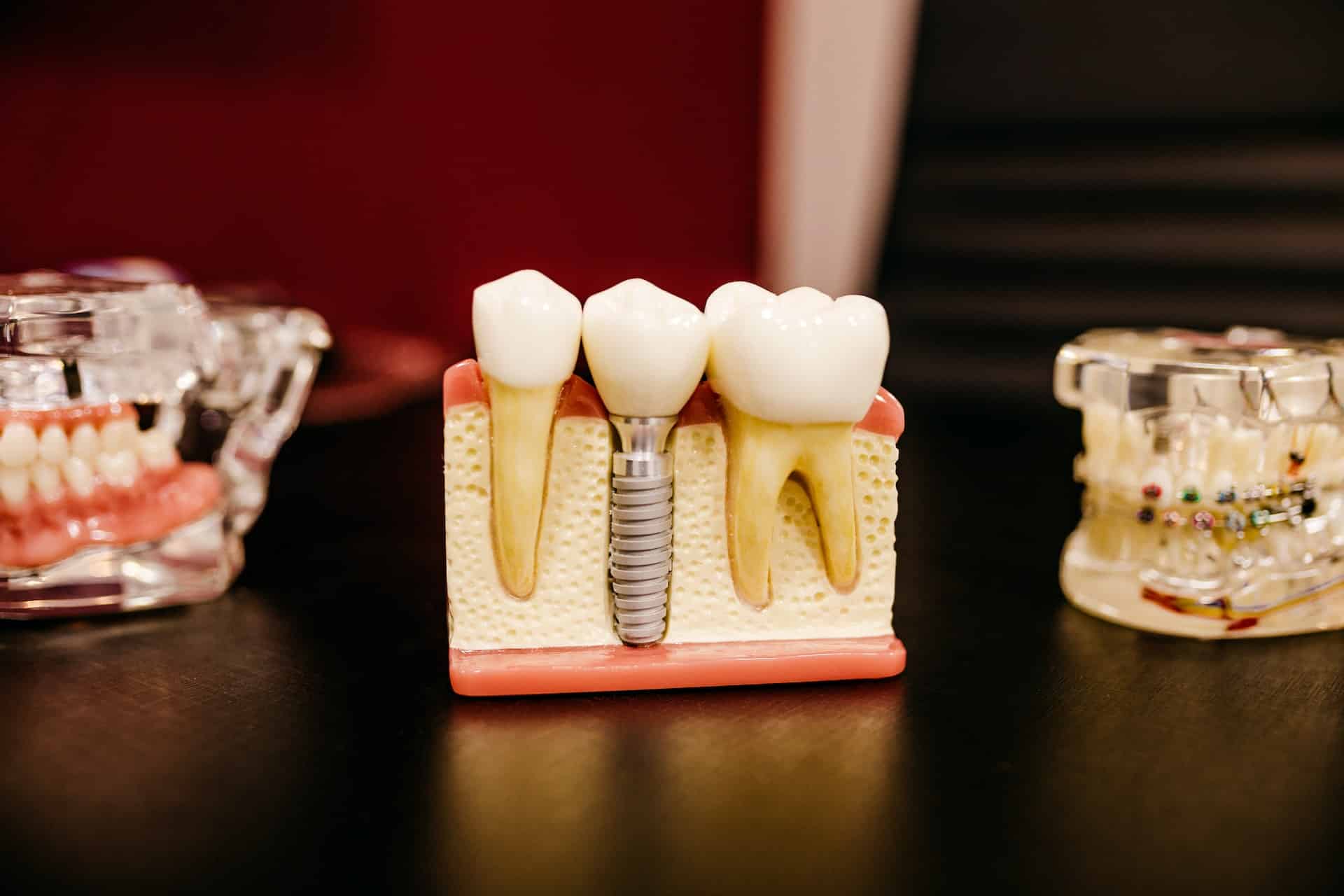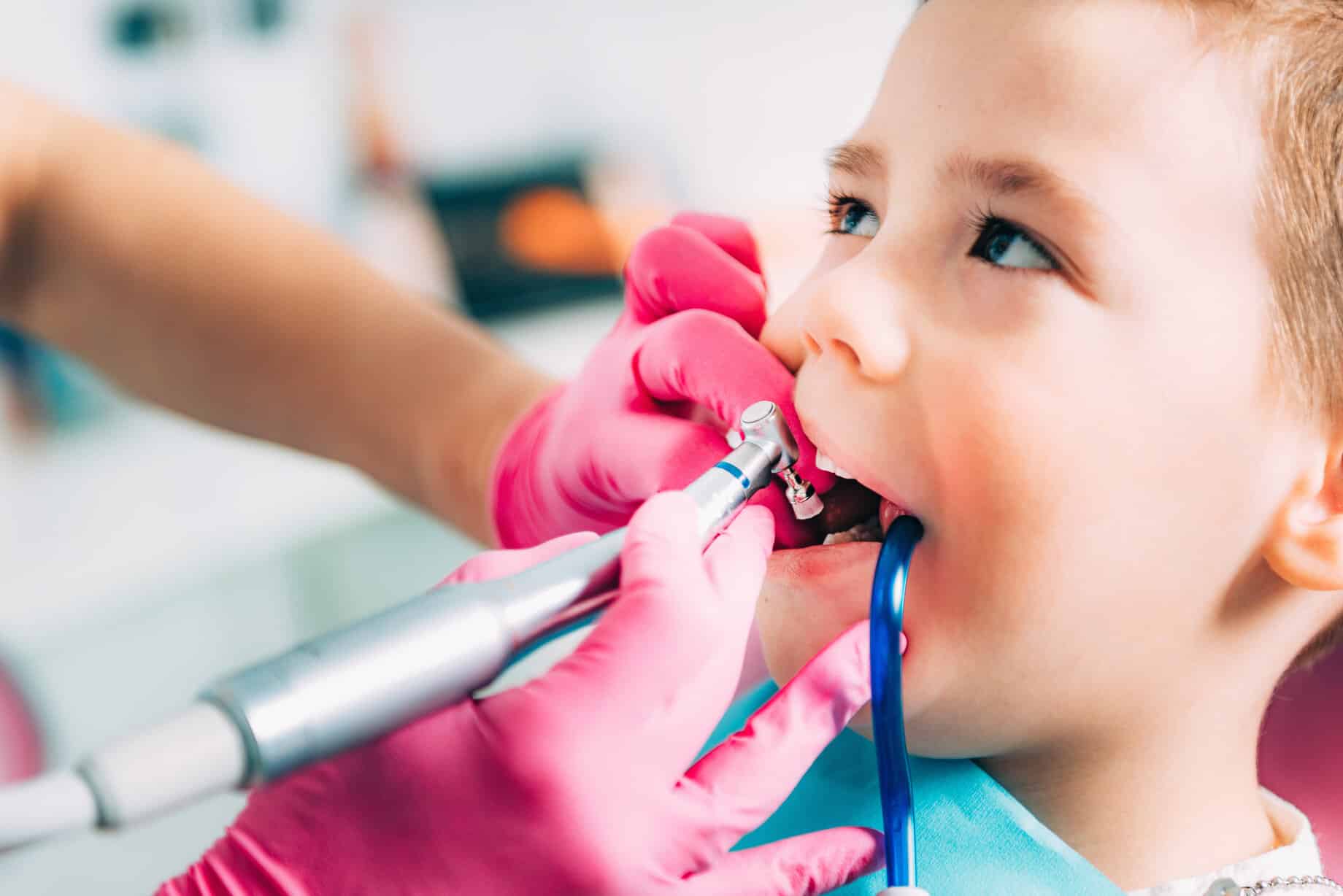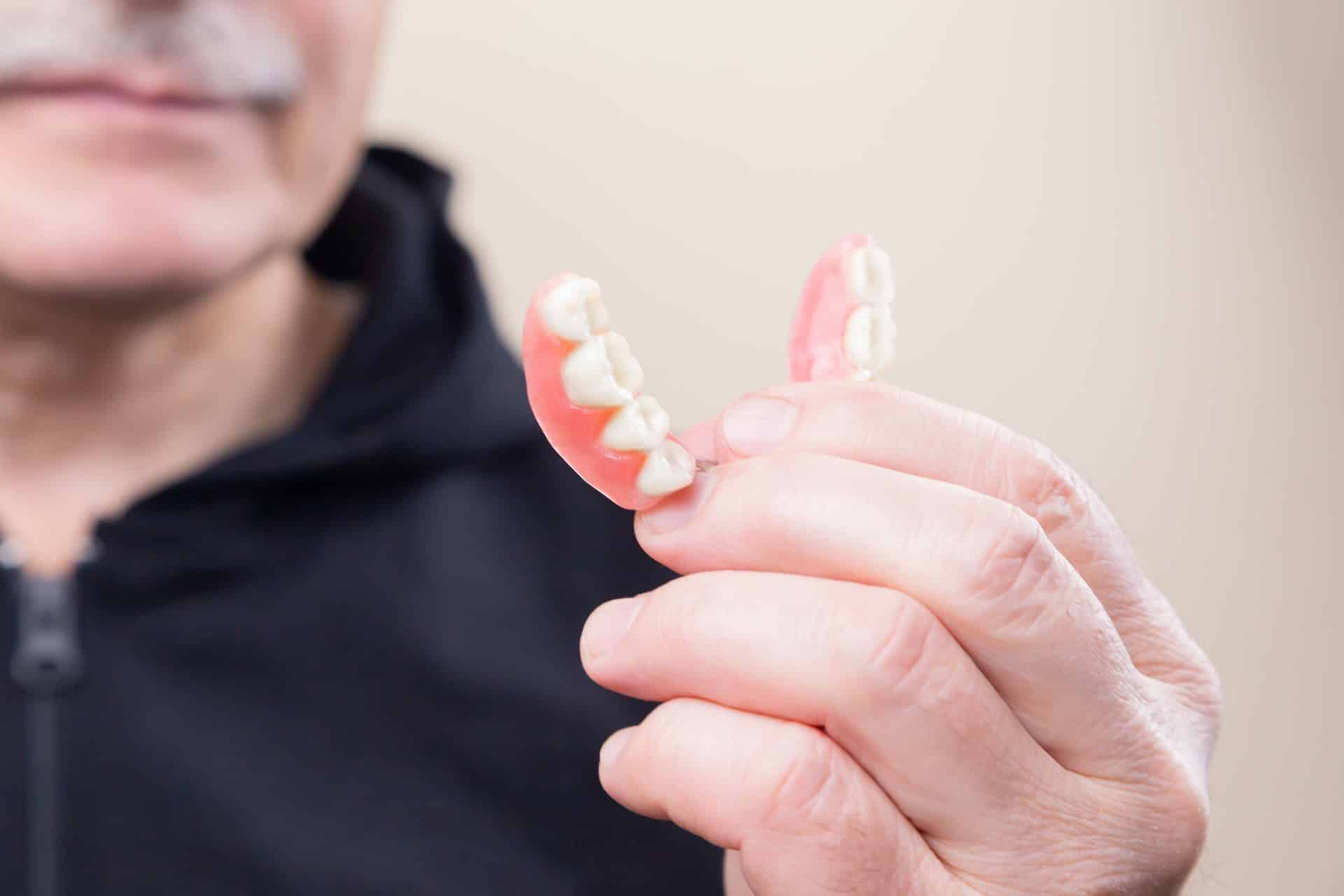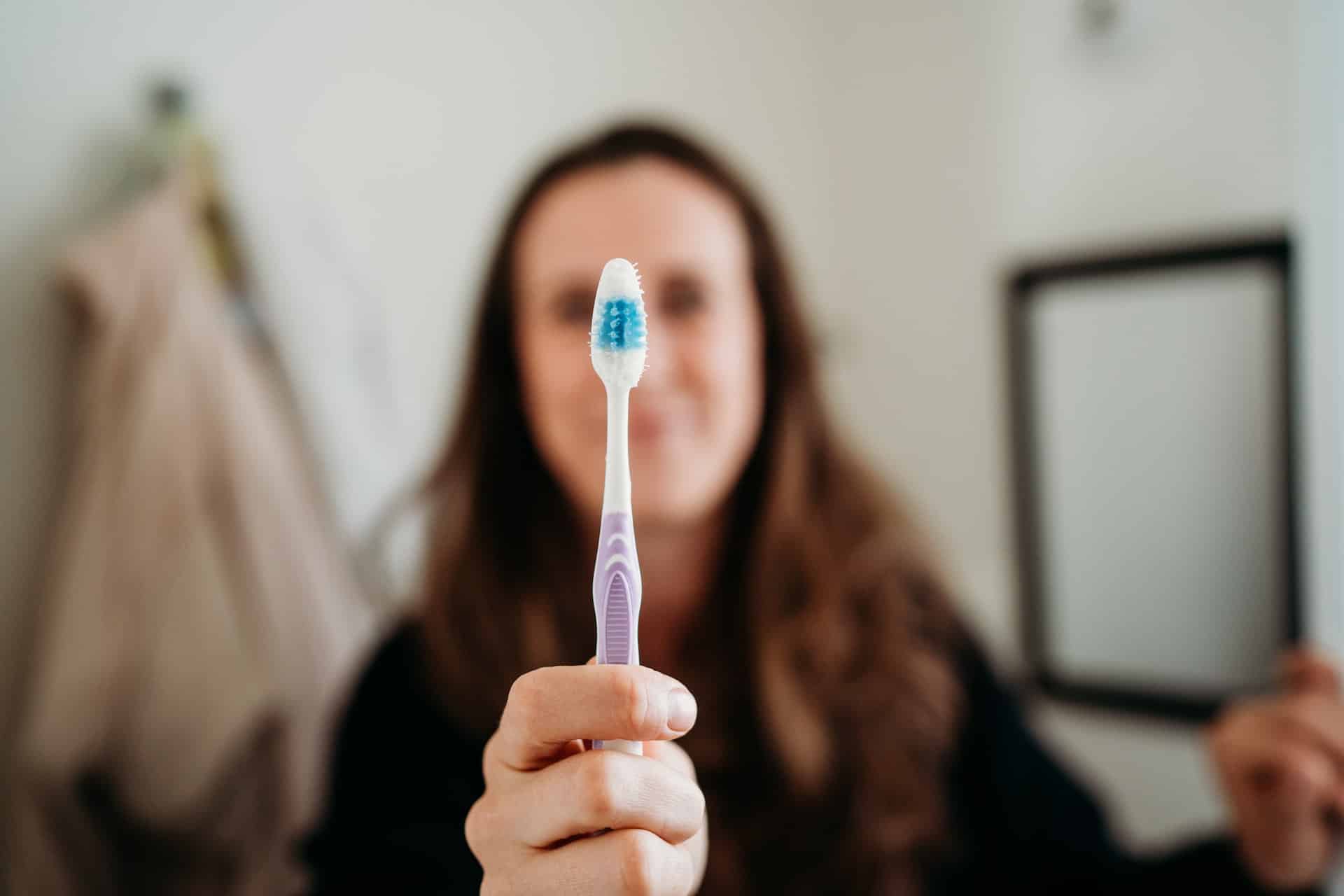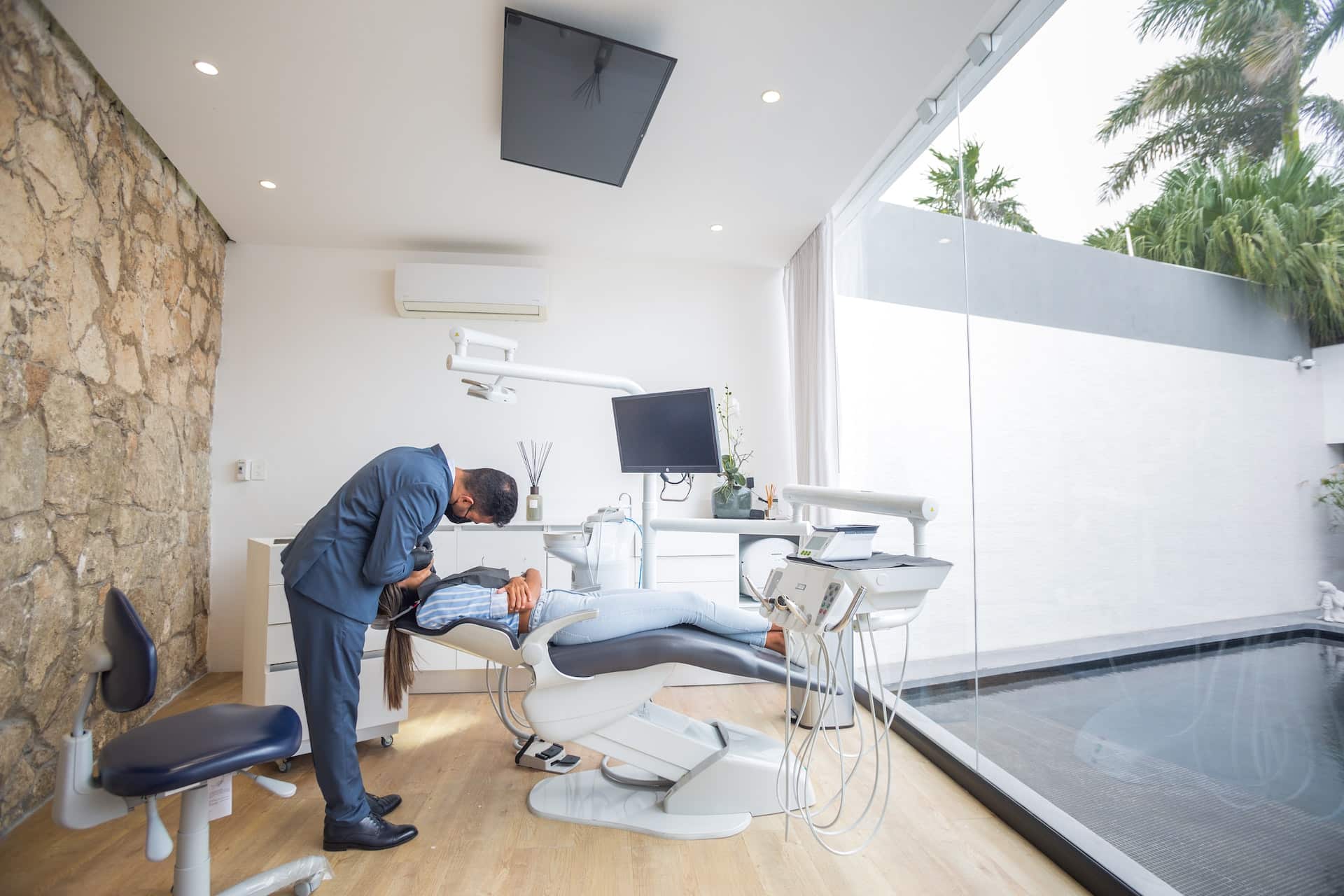Teeth implants have revolutionised restorative dentistry by providing a highly reliable and effective solution for missing teeth. These implants restore the appearance and function of your teeth and help maintain bone health in the jaw.
However, like any medical procedure, they are not immune to potential issues. One such issue is a loose dental implant. This blog post will discuss everything you need to know about loose implants and whether you should attempt to fix them yourself.
What Are the Causes
A loose dental implant can be caused by various factors, including:
- Failed osseointegration: Osseointegration is the process through which the implant fuses with the jaw bone. If this process is unsuccessful, the implant may become loose over time. It can be due to insufficient bone density, poor surgical technique, or a compromised immune system.
- Peri-implantitis: This inflammatory condition affects the soft and hard tissues surrounding the implant. It is often caused by a bacterial infection and can lead to bone loss around the implant, resulting in implant loosening.
- Mechanical issues: The implant components, such as the abutment and the crown, may become loose due to wear and tear, poor fit, or even trauma.
- Bruxism: Teeth grinding or clenching can exert excessive force on the implant, causing it to become loose over time.
Why You Should Never Attempt to Fix a Loose Implant Yourself
It might be tempting to try and fix a loose implant yourself, especially if you are experiencing discomfort or embarrassment. However, this decision can lead to severe consequences for your oral health. Here is why:
- Risk of further damage: Attempting to fix it without the necessary knowledge, tools, or expertise can further damage the implant components or surrounding tissues. It can complicate the issue and make it more challenging for your dentist to correct the problem.
- Unresolved underlying issues: Your current dilemma is often a sign of an underlying issue that requires professional intervention. Fixing the loose implant yourself will not address the root cause of the problem, which can lead to a recurrence or worsening of the situation.
- Infection: Manipulating the loose implant without proper sterilisation techniques can introduce bacteria into the implant site, leading to infection and further complications.
- Voiding the warranty: Dental implants often come with a warranty from the manufacturer. Attempting to fix the loose implant yourself may void this warranty, leaving you responsible for the cost of any repairs or replacements.
What to Do If It Is Loose
If you suspect that your implant is loose, it is crucial to take the following steps:
- Schedule an appointment with your dentist or oral surgeon soon. They will assess the situation, determine the cause of the loosening, and recommend the best course of action.
- Avoid applying pressure on the loose implant. Refrain from chewing on that side of your mouth and minimise the consumption of hard or crunchy foods.
- Maintain good oral hygiene by brushing and flossing regularly. However, exercise caution when cleaning around the loose implant to avoid causing further damage.
- If you experience pain or swelling around the implant site, use over-the-counter pain relievers and anti-inflammatory medications. However, make sure to consult your dentist before taking any medication.
Conclusion
Loose dental implants can be an unsettling experience, but attempting to fix them yourself is not the solution. Seeking professional help is crucial to addressing the underlying issues and ensuring the longevity and success of your implant. Remember, oral health is essential to your overall well-being, and trusting the experts is always the best course of action.
If you are looking for a reputable dentist specialising in dental implants in Pickering, you do not have to look far because Pickering Dental Services is here to help you. We have the training and experience to determine the root cause of the problem and present solutions tailored to your needs. Schedule an appointment now!

